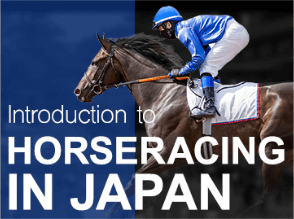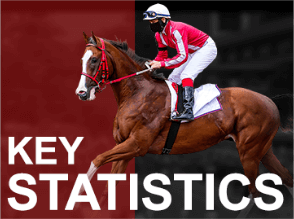-
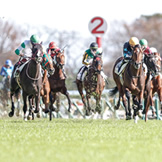
Governing Bodies
There are two separate racing authorities in Japan, the JRA and NAR.
- The Japan Racing Association (JRA) known in Japan as “Chuo Keiba”. This translates to ‘Central Racing
- The National Association of Racing (NAR) known in Japan as “Chiho Keiba”. This translates to ‘Local Racing’
“Chuo Keiba” is racing controlled by the JRA, an authority under the oversight of the Japanese government. JRA racing is infinitely more popular among the racing public and is considered the elite level of racing in Japan.
-
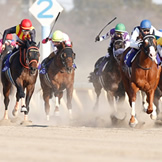
JRA racing characteristics
- Race days are typically on weekends, Saturdays, Sundays and some public holidays.
- Every racetrack has a turf and dirt course with a huge capacity and facilities for racegoers.
- The size of the prize pools is exceptionally larger in the JRA than NAR racing.Japanese racehorses, jockeys, and trainers must register and be licensed to either the JRA or NAR. Inter-activities between the two racing authorities are limited to a select number of crossover races.
All Group 1 races, such as the Japan Cup and the Arima Kinen, are run under the JRA’s authority except for the Tokyo Daishoten (Grade 1 race on Dirt), it is run at the highest profile NAR Racecourse of Oi. -
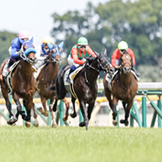
Racehorses are classified based on age, wins and race earnings
Racing in the JRA is structured in a way to encourage competition and a gradual rise through the JRA ranks. Race classes are G1, G2, G3, Listed, Open Class, 3-time, 2-time, 1-time winner, Maiden, and Newcomer’s race. Juvenile racing is introduced to the JRA fixture list in early June.
As horses proceed to the higher echelons of the JRA, ballot priority for oversubscribed races is determined by race earnings.
-
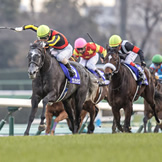
Training centres for JRA Racing
The JRA operates two training centres in Japan, both training centres are owned by the JRA. Miho Training Centre is in Ibaraki Prefecture in the Kanto (East) and Ritto Training Centre located in Shiga Prefecture in Kansai (West). Licensed Jockeys and Trainers by the JRA must be based in either Miho or Ritto and conduct their training operations within their designated training centre.
-
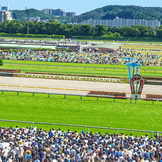
Location of JRA racecourses
There are 10 JRA racecourses located across Japan.
-
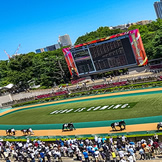
Betting system
There are 9 types of betting in the JRA tote system: Win, Place, Bracket Quinella, Quinella, Exacta, Quinella Place, Trio, Trifecta, and WIN5 (five-leg winner). Odds are calculated based on parimutuel betting (pool betting).
-
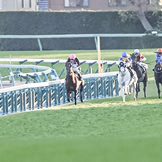
Unique rules in Japanese racing
Withdrawals and Non-runners
Horses are restricted from scratching without clear reasoning from a JRA designated veterinarian and permission from the stewards. For example, connections cannot withdraw a runner simply because of a change in track conditions.
-
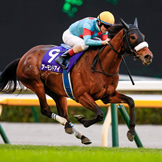
Racing Clubs in Japan
- Licensed racing clubs provide opportunities to own a share in a racehorse rather than getting a JRA owner license. To become a JRA sole owner you must clear strict qualifications in terms of annual salary and assets.
- Racing clubs in Japan are extremely popular among passionate fans because of their low qualification and low cost. Less incurred costs of ownership, prizemoney and JRA financial subsidies/incentives earned are paid to shareholders.
Major racing clubs in Japan:
- Sunday Racing (Orfevre, Gentildonna, Delta Blues, etc.)
- Carrot Club (Epiphaneia, Lys Gracieux, Marche Lorraine, etc.)
- Silk Horse Club (Almond Eye, Glory Vase, etc.)
- Shadai Racehorse (Heart’s Cry, etc.)
- DMM Dream Club (Loves Only You, etc.)


